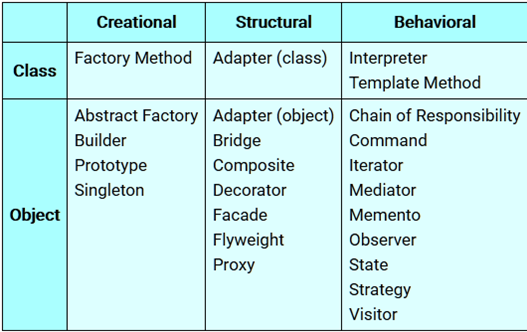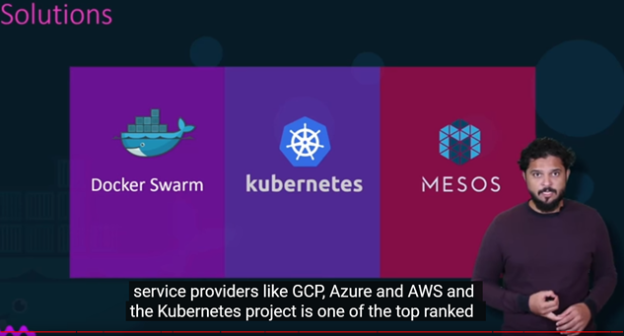Perpetual Learning Pattern: Expand your Bandwidth
This pattern is a very interesting to me. I worked as a software developer from 1980 – 2015. During this time, I found it necessary to take advantage of many resources. Some of these resources were offered to me by the companies I worked for, but more often, it was necessary for me to discover information on my own. I work for over 30 companies. In this 35-year span, I worked as an employee for 15 years, and as a contractor/consultant for the other 20. The employers were usually really generous about paying for tuition reimbursement, computer related conferences, and in-house training. As a contractor, more often I was required to pay for any career advancement benefits myself.
I really didn’t mind this, since they generally paid better, and there is far less politics involved in being a consultant. I was expected to be able to do the work I was hired for, and that usually sufficed.
I was lucky in the sense that I was really motivated to learn new technologies as they came out, and as a result I spend many hours outside of work reading over 100 textbooks, trade journals, attending conferences, and developing my own products.
I managed to gain a large skill-set learning for my own personal development efforts, and this knowledge, along with all I learned “on the job” was parlayed into knowledge, as well as resume entries, making myself more valuable, and allowing my career to “ride the wave” of progress in software as it occurred.
Yes, it is great to expand your skill-set, but if I have any word of caution to those seeking this path, make sure you study a skill as deeply as you can, so as to avoid being a “jack of all trades and a master of none”. I found the best balance to be found in trying to stay with a project for at least a year, but less than 4. In this range, you get deep enough into the peripheral skills they require, as well as sharpening your primary skills.
I worked as a mainframe developer in the 80’s and migrated to being a windows developer by buying my own equipment, teaching myself C and the Windows SDK (with a lot of help from the Boston Computer Society). I made a similar jump in 2008 from C#.NET enterprise level development to becoming an Android developer by jumping at the chance to develop an Android application by my company, but this was only possible because I had already developed the skill-set on my own.
From the blog cs@worcester – (Twinstar Blogland) by Joe Barry and used with permission of the author. All other rights reserved by the author.





